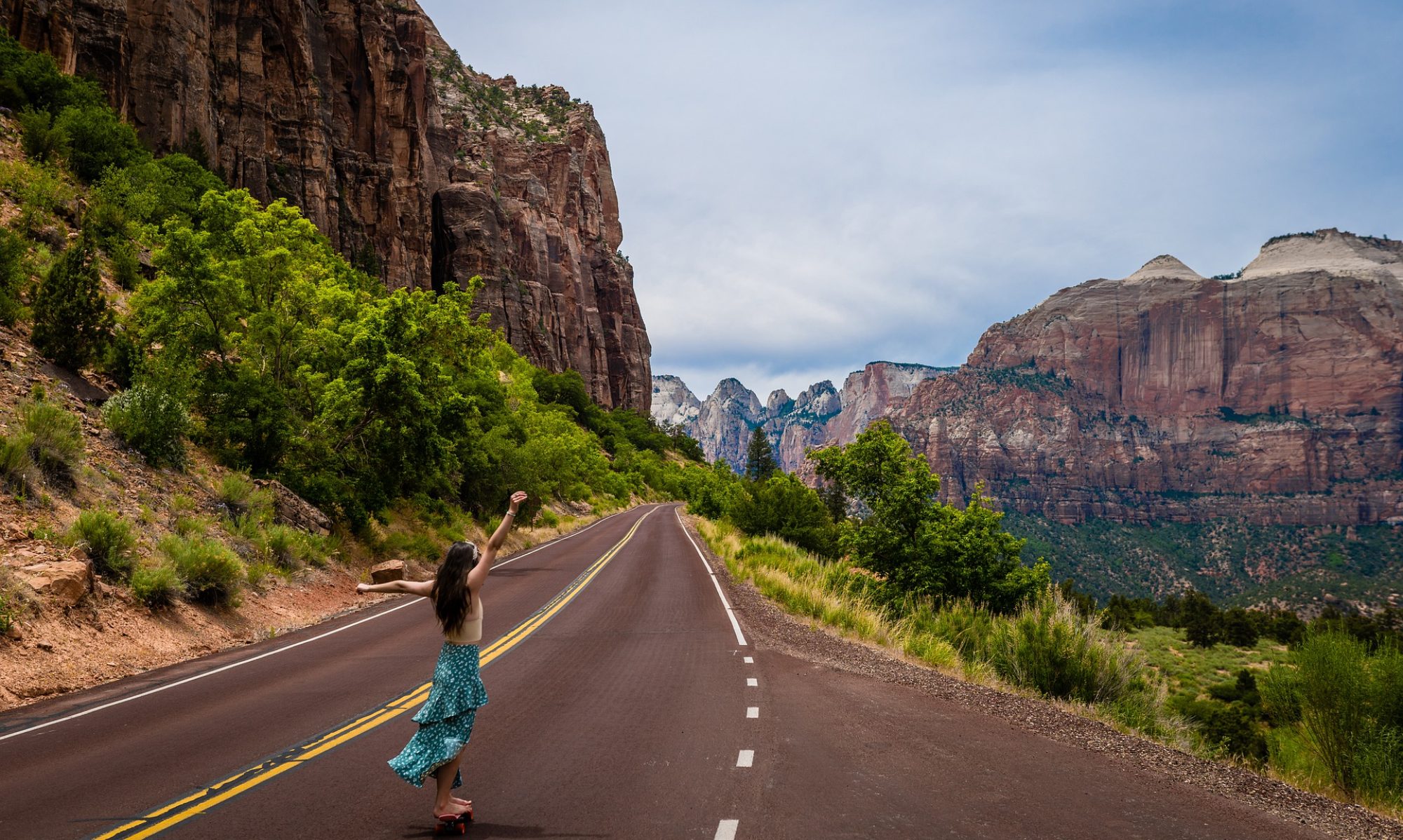By Anonymous
The last twenty minutes of a thriller show on Netflix: exciting, thrilling, and stimulating. Yet, several days later, although I remember at the time having some sort of interesting commentary or criticism of the show, I have no recollection of anything worthwhile (or even what happened in it) that I gained from watching it. Then, (what was supposed to be) fifteen minutes on Twitter, which—thanks to me stopping scrolling twitter to check my phone and respond to a few texts, and then opening twitter again (instinctively) on my phone turned to scroll some more—became something more like half an hour. I cannot remember what I was texting about, nor what I really got out of twitter aside from a few articles bookmarked for later (of which I have now read only one, which was, admittedly, quite good and important), a vague impression that I saw something funny, and a feeling of being upset about the political state of things (following news sources/journalists who write about the environment about the environment and politics does little for my mood). Although I felt exhausted, I continued: a popular online world puzzle game, “Wordle.” The word of the day? “Mount.” I texted my friends my score—one of them replied with theirs. Neat. Feeling somewhat worn out and scattered—my hour of “information” complete—without any feeling of accomplishment or productivity, I got up from my desk and wandered around my house in an aimless haze for a few minutes.
A few days later, I bundled up, prepared some coffee and snacks, packed a bag with some thoughtful reading materials (and a small notebook for notes), and grabbed a comfy lawn chair and headed out the door to the edge of my (decent-sized) backyard which borders on a forest-like area. Shivering, and cursing myself for not planning ahead so that I could do this on a warmer day (perhaps one where there was not snow on the ground), I poured myself some coffee from my thermos. I began reflecting on the McKibben piece (as I had planned to use this time for): what is so “fundamental” about this information, anyway?
I read some of my book (the 19th century German natural philosophy of Schopenhauer, for inspiration) for a while before putting it down and looking at the trees and forest while I chewed on the material in relation to McKibben’s. I looked at the English ivy which has been spreading in this patch of forest since before I moved here and (surprisingly) a squirrel as it skittered about, feeling aware of my body and how cold it was. I observed the way that each plant and organism strives and yearns to grow, to move towards light (in the case of plants), or to find food (in the case of the squirrel). I got up and walked around a bit, thinking. Schopenhauer, it seems, considers the information provided by nature (i.e., what it tells us about the world and existence) “fundamental” in a different (i.e., more metaphysical) sense then McKibben does. On the other hand, there is some compatibility—actually observing firsthand the way life goes on and interacts does tell us something fundamental. Drifting, it then occurred to me that the snow on the ground in conjunction with the invasive species and the winter squirrel actually says quite a lot about the environment and the anthropogenic effects on it. It occurred to me more people had paid more attention to their immediate natural environment, perhaps some of the choices humans made to cause climate change would not have happened. In any case, one other point McKibben made did occur to me, which was that I was demonstrating a point he made: my last couple years I’ve spent learning humanities disciplines in college has taught me the important skill of patient, thoughtful observation, and that since I have done this, the technological world has become increasingly less attractive to me in favor of one connected with people, with real life discussion, and with the environment. It’s a process, like the seasons changing and the water cycle which led to the snow on this very ground. I returned to my chair to scribble down some notes on this (mental) discussion, finished my coffee, my chapter, the last of my coffee, and my (second) hour of information.
Looking back on these experiences, I think the biggest thing I learned is that, as good as it makes me feel in the moment, I do not think that social media and most of my media consumption makes me feel very good. That vague exhausted feeling I got after spending too much time scrolling on twitter has been a familiar one lately, and I think I ought to be more intentional about why, when, where, and for how long I spend time on the internet. On the other hand, I did find an article which interested me, and which I plan on writing about in one of my other classes. This is to say that mediated information is not all bad or irredeemable, but rather that going about accessing this information mindlessly is perhaps not the most conducive to structuring my day very well.
My time outside (which, since it has gotten colder, I have not done in a while) was nice (although I do not exactly think it has convinced me to spend more time sitting outside reading in the cold…). In retrospect it provided me an important opportunity for reflection, and the realization that I spend much more time in the library reading philosophers talk about the natural world than I actually spend in said world. That is to say that what I think this experience has taught me is that an important part of chewing on ideas about the world is to not just think about them in abstract, but to go out and look for myself, and see what information the world itself has to offer.
